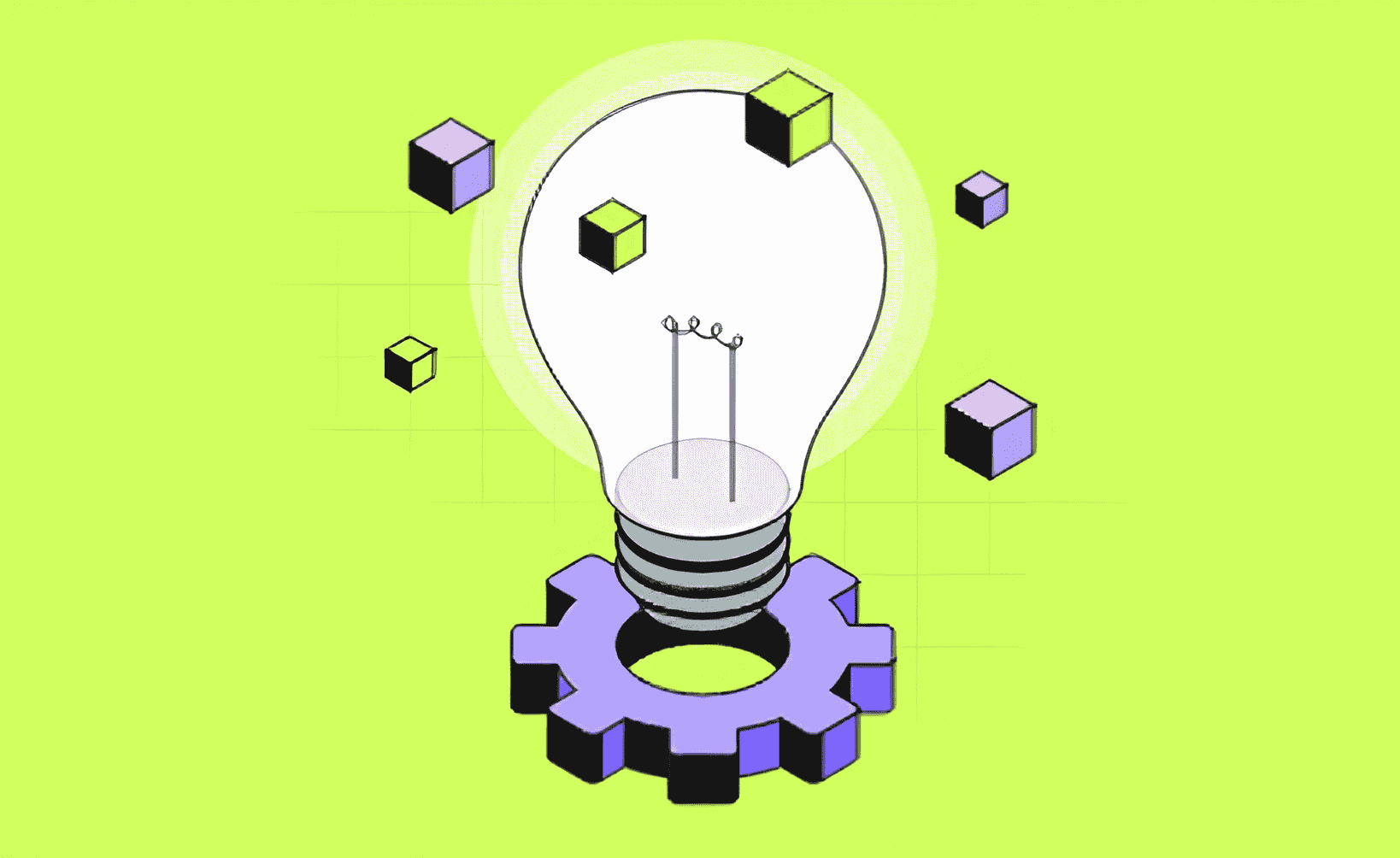
The rapid growth of online shopping over the past two decades has raised expectations for e-commerce companies to deliver products quickly, affordably, and sustainably. Those that successfully meet these demands can build customer trust, expand market share, and increase profits.
In the supply chain, last-mile delivery – the last time a package is placed on a vehicle and sent to its final destination – is one of the most crucial and complex aspects of fulfilling these expectations.
To deliver packages faster, more cost-effectively, and with minimal environmental impact, last-mile companies are continuously innovating and deploying advanced technologies to stay competitive and support their clients' success.
1. Sustainability through Electric Vehicles (EVs) as a Core Strategy
For many consumers, sustainability plays a crucial role in their purchasing decisions. This growing demand for eco-friendly practices is prompting e-commerce companies to prioritize environmental sustainability, often choosing suppliers based on their green initiatives. To align with these expectations, many supply chain companies are actively working to reduce their carbon footprints, with one of the most impactful strategies being the integration of EVs into their delivery fleets.
Major delivery services like UPS, Amazon, and FedEx have already begun transitioning to electric fleets, while last-mile startups like Koorier have embraced all-electric vehicles from the outset.
The adoption of EVs in the private sector is being supported by public sector initiatives. Governments worldwide are enacting policies and offering incentives to encourage EV usage, alongside investments in battery technology and charging infrastructure to accelerate this transition.
EVs also make financial sense for last-mile companies. Despite higher initial purchase costs, EVs are often more cost-effective in the long term due to significantly lower fuel costs compared to traditional gas-powered vehicles.
As this trend continues to gain momentum, electric delivery vehicles are poised to become the standard in last-mile logistics, particularly in urban areas, and will be a key element of any successful last-mile business strategy.
2. Further Development of Autonomous Delivery Vehicles and Drones
The development of autonomous vehicles and drones is bringing us closer to a future where it may become common to see parcel-carrying drones moving across the sky or driverless vehicles delivering packages curbside. What once seemed like science fiction is quickly approaching reality.
Companies like Nuro, Tesla, and Amazon are leading the charge, making significant investments in autonomous vehicle and drone technologies to optimize service delivery and lower operational costs.
Drones, in particular, are being explored as a solution for rural deliveries. Unlike urban areas, where delivery vehicles can make multiple stops in a small geographic area, rural routes often require traveling long distances between stops, making them less efficient in terms of fuel and time. Drones could offer a more cost-effective and faster alternative for sparsely populated areas by reducing fuel and labour expenses while improving delivery times.
While autonomous vehicles and drones have the potential to revolutionize last-mile delivery, significant technological challenges and regulatory hurdles remain before these innovations can be widely implemented. Nonetheless, their impact on the future of logistics could be significant.
3. Strategic Infrastructure Part 1: Micro-Hubs and Local Fulfillment Centres
The growing demand for next-day, same-day, and even one-hour deliveries has pushed companies to expand their infrastructure by incorporating micro-hubs and local fulfillment centres – smaller, strategically located warehouses in dense urban areas.
These micro-hubs and fulfillment centers are often housed in retail stores, parking structures, or even repurposed shipping containers. By decentralizing inventory and positioning parcels closer to consumers, companies can lower transportation costs, improve delivery speed and efficiency, and reduce vehicle emissions.
Focusing on specific geographic areas, these facilities enable last-mile logistics companies to minimize mileage, better predict resource requirements, and provide more consistent, reliable service to their customers.
4. Strategic Infrastructure Part 2: Increased Use of Smart Lockers and Pickup Points
Smart lockers and pickup points are becoming increasingly popular as they offer consumers a convenient alternative to home deliveries. Often located in retail stores, these options provide a secure way for customers to receive packages, especially valuable items, and help reduce incidents of theft.
For last-mile delivery companies, smart lockers and pickup points also offer significant benefits. They enhance the security of deliveries, lower the risk of theft or failed delivery attempts, and reduce the resources needed to handle lost or damaged packages. Additionally, by decreasing the number of door-to-door deliveries, these solutions streamline operations and improve overall efficiency.
With added convenience and security for consumers and delivery companies alike, the use of smart lockers and pickup points is expected to grow, particularly in densely populated urban areas.
5. Expanded Use of Real-Time Tracking and Visibility
Consumers now expect real-time updates on the exact location and delivery status of their packages. The ability to provide this information accurately, in detail, and on time gives last-mile delivery companies acritical competitive advantage.
To meet these expectations, last-mile companies use GPS and other tracking technologies to monitor package locations and send automated real-time updates, ensuring precise delivery windows. This not only boosts customer satisfaction but also reduces the chances of failed deliveries, minimizes customer service issues, and enhances overall operational efficiency.
From a marketing standpoint, continuous communication offers opportunities to deliver promotional content and request reviews from happy customers. Moreover, advanced tracking systems help companies optimize delivery routes, lower fuel costs, and combat porch piracy.
As technology for data collection, analysis, and communication continues to advance, it will further drive innovation in customer service and operational efficiency for last-mile logistics providers.
6. Increased Reliance on AI and Data-Driven Logistics
Artificial intelligence is revolutionizing the operations of last-mile delivery companies. By automating manual tasks and enabling real-time data collection and analysis across multiple reporting areas, AI provides critical insights that help key stakeholders make informed operational decisions.
AI is influencing every aspect of last-mile logistics, from optimizing delivery routes by predicting traffic, weather, and bottlenecks, to improving customer communication and service. It also helps forecast demand fluctuations and staffing needs, predict vehicle maintenance, assess theft risks in specific areas, determine the optimal time for package drop-offs, and reduce failed delivery attempts, among other benefits.
Though AI adoption is still in its early stages, its rapid development promises to play a transformative role in enhancing the efficiency and effectiveness of last-mile logistics companies in the coming years.
The Future of Last-Mile Delivery
The last-mile landscape has changed dramatically in recent years. Emergent technologies in the fields of artificial intelligence, electric vehicles, ecommerce and others are enabling last-mile companies to continuously improve their services, reduce costs and drive efficiency and sustainability.
Companies that keep up to date with the latest trends, and that adapt to leverage emerging opportunities will be the ones that achieve long-term success in a competitive and dynamic market.

.jpg)


%20copy.png)